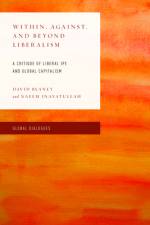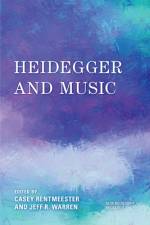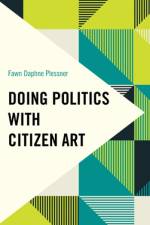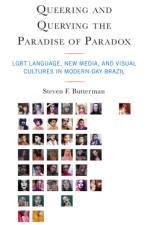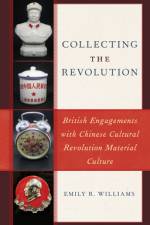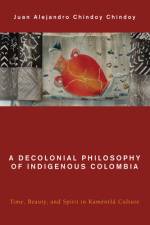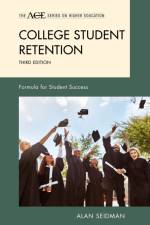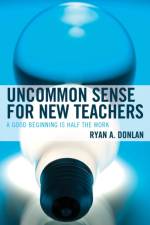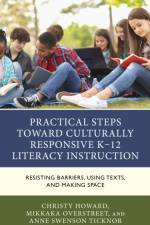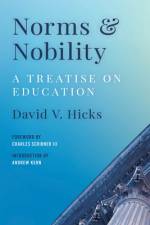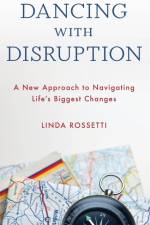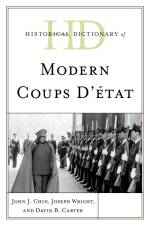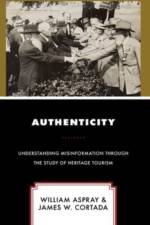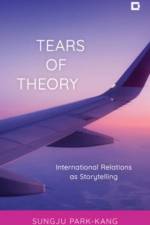- British Engagements with Chinese Cultural Revolution Material Culture
av Emily R Williams
459
In the late 1960s, student protests broke out throughout much of the world, and while Britain's anti-Vietnam protestors and China's Red Guards were clearly radically different, these movements at times shared inspirations, aspirations, and aesthetics. Within Western popular media, Mao's China was portrayed as a danger to world peace, but at the same time, for some on the counter-cultural left, the Cultural Revolution (1966-1976) contained ideas worthy of exploration. Moreover, because of Britain's continued colonial possession of Hong Kong, Britain had a specific interest in ongoing events in China, and information was highly sought after. Thus, the objects that China exported--propaganda posters, paintings, Mao badges, periodicals, ceramics, etc.--became a crucial avenue through which China was known at this time, and interest in them crossed the political divide. Collecting the Revolution uses the objects that the Chinese government sent abroad and that visitors brought back with them to open up the stories of diplomats, journalists, activists, students, and others and how they imagined, engaged with, and later remembered Mao's China through its objects. It chronicles the story of how these objects were later incorporated into the collections of some of Britain's most prominent museums, thus allowing later generations to continue to engage with one of the most controversial and important periods of China's recent history.

